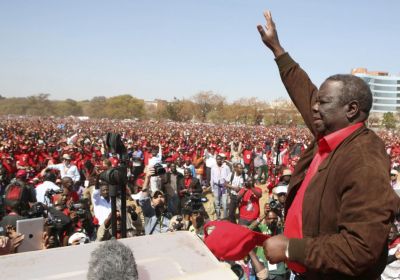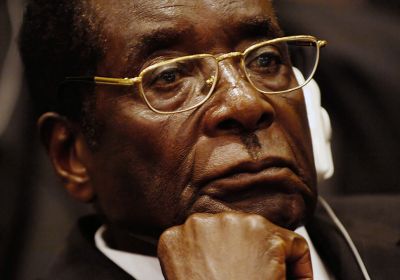
Zimbabwe’s former president Robert Mugabe is remembered for many things, including the successful struggle for black majority rule in the former Rhodesia. But his brutality against minorities and his manipulation of the desire for land led to one of Africa's richest countries becoming impoverished, writes Alan Broughton.
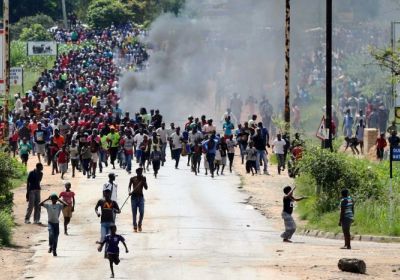


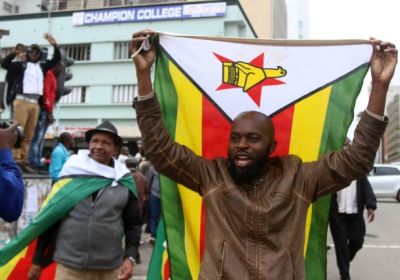
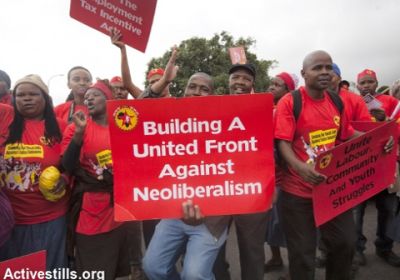

 A march for jobs in Zimbabwe.
A national shutdown or 'stay away' in Zimbabwe this month paralysed the country. For the first time in years the country's ruling party, ZANU-PF, and the tenure of 92 year old president Robert Mugabe, were seriously rattled. Young people, workers and traders – who survive by hawking food, cheap imported goods in cities and towns – engaged in pitch battles with the police and army, in many cases outnumbering the security forces.
A march for jobs in Zimbabwe.
A national shutdown or 'stay away' in Zimbabwe this month paralysed the country. For the first time in years the country's ruling party, ZANU-PF, and the tenure of 92 year old president Robert Mugabe, were seriously rattled. Young people, workers and traders – who survive by hawking food, cheap imported goods in cities and towns – engaged in pitch battles with the police and army, in many cases outnumbering the security forces.
